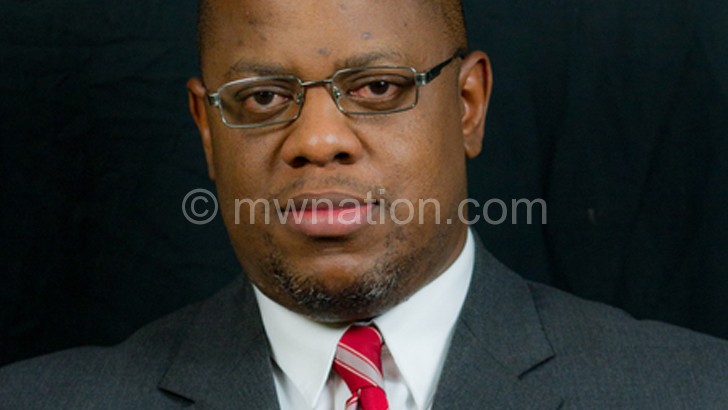ACB clears five firms
The Anti-Corruption B u r e a u ( A C B ) yesterday released five names it has cleared of wrongdoing in the now K236 billion Cashgate suspected to have occurred between 2009 and 2014.
According to Parliamentary Accounts Committee (PAC) chairperson Alex Menyani, the names of the cleared companies are: Malachite FZE, Rummage Pace, Top Prima Limited, Chicago Suppliers and Xelite Strip Ltd Top Prima and Rummage Pace were also mentioned in the initial forensic audit covering the April

September 2013 period, but Attorney General Kalekeni Kaphale later cleared their transactions as legitimate.
The ACB, however, did not release names of the firms still under probe after the meeting involving PAC, ACB, the Auditor General and the Attorney General agreed not to.
During the meeting, the ACB also disclosed that it has concluded investigations on 10 files out of the 13 that the Auditor General submitted to the bureau for investigations. The five firms have been cleared from the 10 files.
The bureau added that it was waiting for the Auditor General to hand over 37 more files, which would bring the total to 50.
Said Menyani in an interview after the meeting: “The ACB told us that investigations on 10 files have been concluded and [five] companies have been cleared. One of the companies was named as a result of inter-company transactions while the rest dealt with government directly. The ACB has told us that there is no evidence that suggests that there was corruption in the way these companies dealt with the government.”
Menyani said Auditor General Stephenson Kamphasa told t h e committee that he has engaged a forensic audit firm to work on the remaining 37 files alongside his auditors.

But the decision to release the names did not come easily as Kaphale who has maintained his stance that making the names public could have legal ramifications threatened to walk out and not participate in the discussions if the meeting insisted on name disclosures, according to our source in the committee.
The chairperson also confirmed the differences which cropped up when the ACB, through its director of investigations Dan Mponda, started giving progress on the investigations on the 13 files.
“ W h e n w e w e r e progressing in the matter, the ACB opened up to start giving us progress on the files, which are 50 not 13. We wanted progress on the 13, but when these started to be presented, the AG said he had not been briefed and would not be part of the meeting,” he said.
The Nation has learnt that this happened in the afternoon session as well before the four parties reached an agreement on the way forward.
Menyani stressed: “We, as Parliament, are not bound by such procedures. We have powers and mandate coming from the Public Audit Act and Parliamentary Standing Orders that allow us to subpoena anyone to come before Parliament.”
He further explained that the Attorney General was invited to the meeting because the matters were legally sensitive, but being legal adviser to the committee, he stopped the ACB from giving away the names.
“Now we have agreed that the ACB would be giving regular reports to the committee with the next onein four weeks before we conclude the 13 files in May. By 15th May, all will have been known on what has been done on the 13 files,” Menyani said.
The meeting also resolved that the ACB would be releasing names as the investigations are completed and this culminated in the release of names of companies which have since been cleared.
On whether the committee is satisfied by the findings so far, Menyani said the truth remains that there were irregularities in the procurement processes and bemoaned the level of secrecy in the procurements at government institutions deemed sensitive.
The release of the names is a breakthrough in the matter which came to light in July last year after the Auditor General submitted files to the ACB.
The Attorney General has maintained his July 2016 legal opinion to the ACB and Auditor General in which he asked the institutions not to disclose names of the companies and individuals mentioned in the forensic audit as the investigations were yet to verify if there was any wrongdoing on the part of the mentioned companies.
Kaphale told ACB and the Auditor General that such disclosures could be costly to the government as they could sue for loss of business if they are deemed as corrupt in the public eyes.
In an interview with The Nation last year, Malawi Law Society supported the Attorney General’s decision to shield the names of the companies named in the forensic audit, arguing that there could be legal ramifications in disclosing the names before investigations are concluded.





